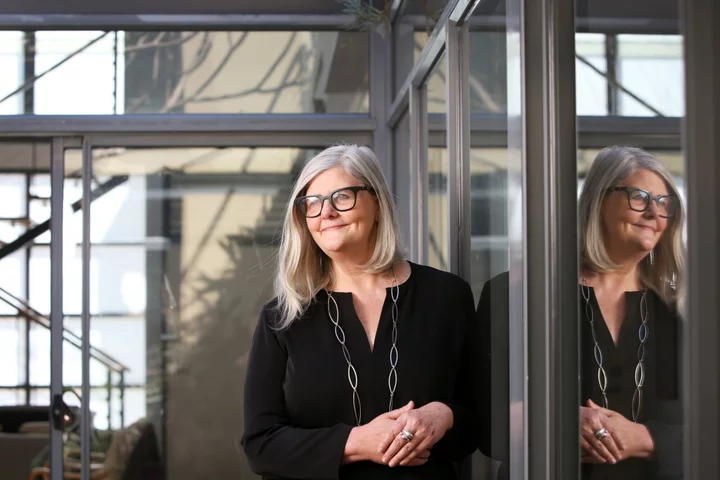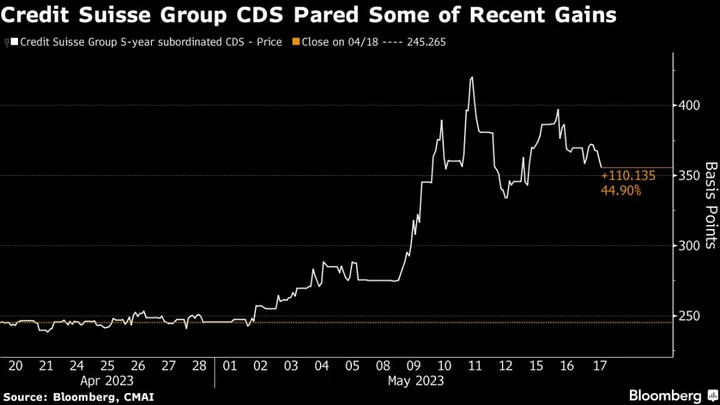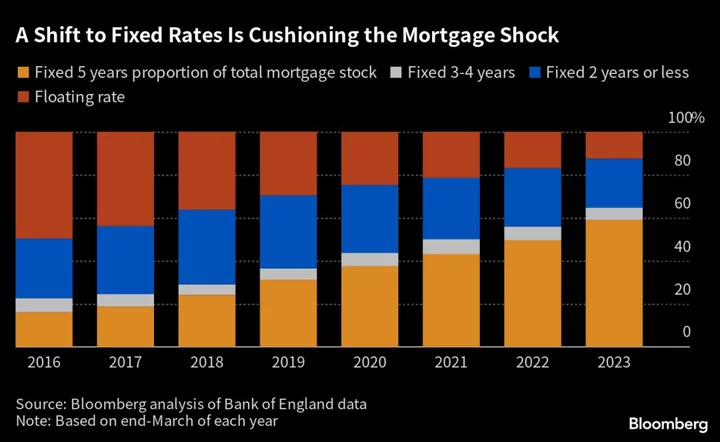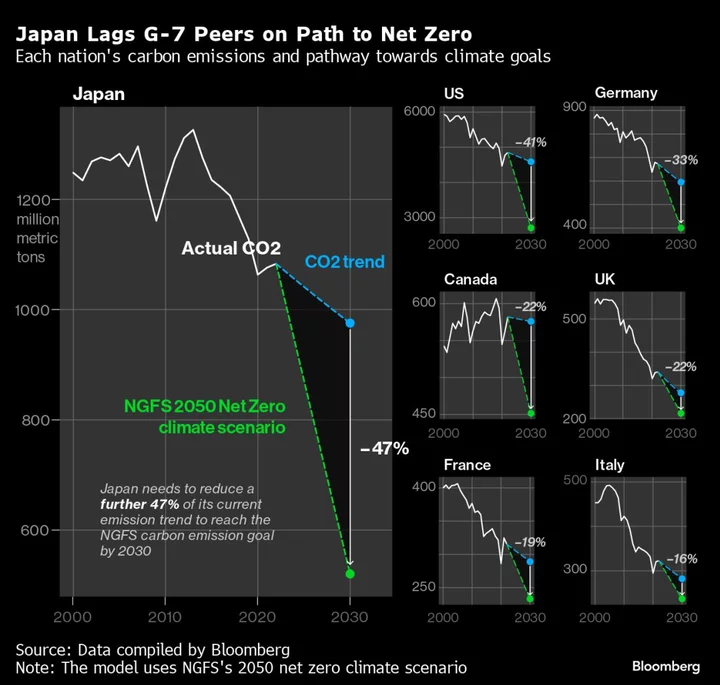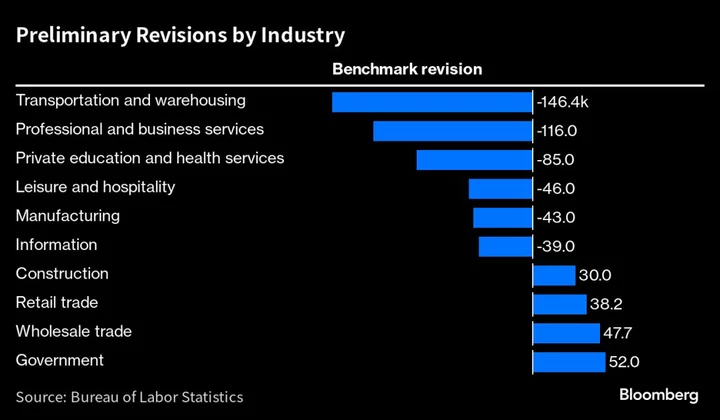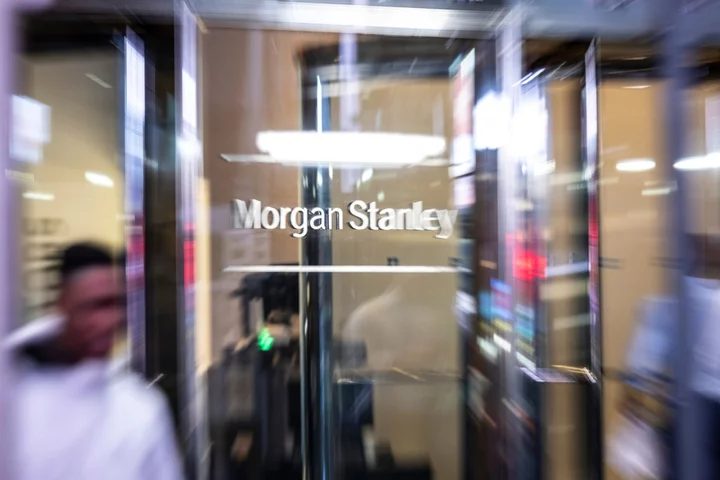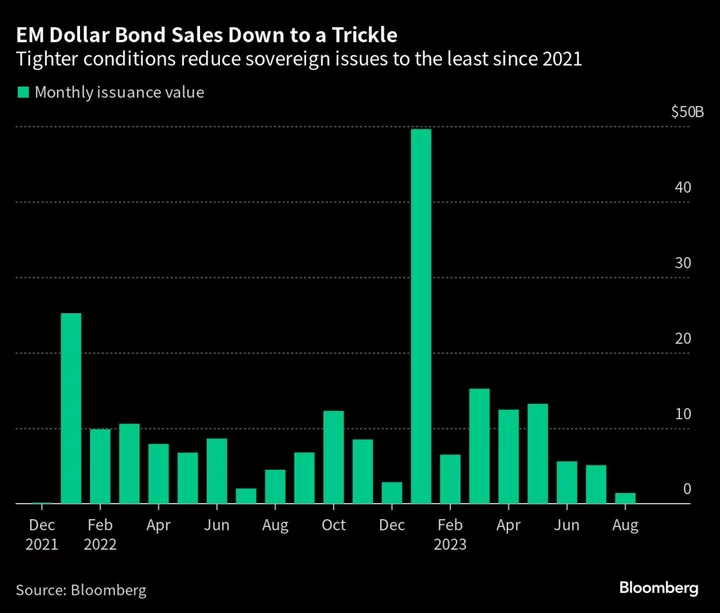Australia needs urgent legislative changes to end economic inequality between men and women, a government taskforce found, highlighting the problem costs the economy A$128 billion ($80 billion) a year.
Women who have at least one child earn A$2 million less over their lifetime than male counterparts, a report released by the taskforce in Canberra on Monday showed. Chaired by businesswoman Sam Mostyn, it issued a suite of immediate and long-term recommendations, including boosting government-funded parental leave.
“Gender equality is not just about women, it’s about creating communities where everyone is equal, everyone can prosper,” Mostyn told reporters.
Finance Minister Katy Gallagher appointed the 13-member Women’s Economic Equality Taskforce in 2022 to advise the government on addressing inequality. In Monday’s report, the taskforce said economic losses are largely due to “persistent and pervasive barriers” to full and equal workforce participation for women.
The taskforce has been meeting monthly and provided formal advice on issues such as paid parental leave and the Budget. Australian workplaces will be forced to reveal their gender pay gaps for the first time in early 2024, under legislation passed earlier this year.
The report recommends doubling government-funded paid parental leave to 52 weeks and encouraging men to use the system. The taskforce called for legislation to guarantee pension payments on all forms of paid parental leave, something the government committed to but hasn’t implemented.
Australian women retire with lower pension balances than men. In the 2019-20 financial year, the median balance — known locally as superannuation — of women 65 years and older was A$168,000 compared with A$208,200 for men.
“The current state of women’s economic experiences clearly demonstrates economic inequality across a lifetime,” the report said.
The government is still considering the report’s recommendations, Finance Minister Gallagher said, while adding they were broadly aligned with the center-left Labor administration’s agenda.
The data is “pretty confronting,” she said. “When it comes to economic equality, we don’t have a gender equal Australia.”
The report found women’s earnings are reduced by an average of 55% across the initial five years of parenting a first child, while men’s earnings remained unaffected.
It showed Australian women are much less likely to work full time than women in other developed nations, and gender segregation persists across the economy. For instance, 76.2% of health care and social assistance workers are female, while 86.5% in the construction industry are men.
“We know that women work less, they earn less, they suffer from a motherhood penalty,” Gallagher said. “We live in a highly gender segregated workforce or labor market.”

